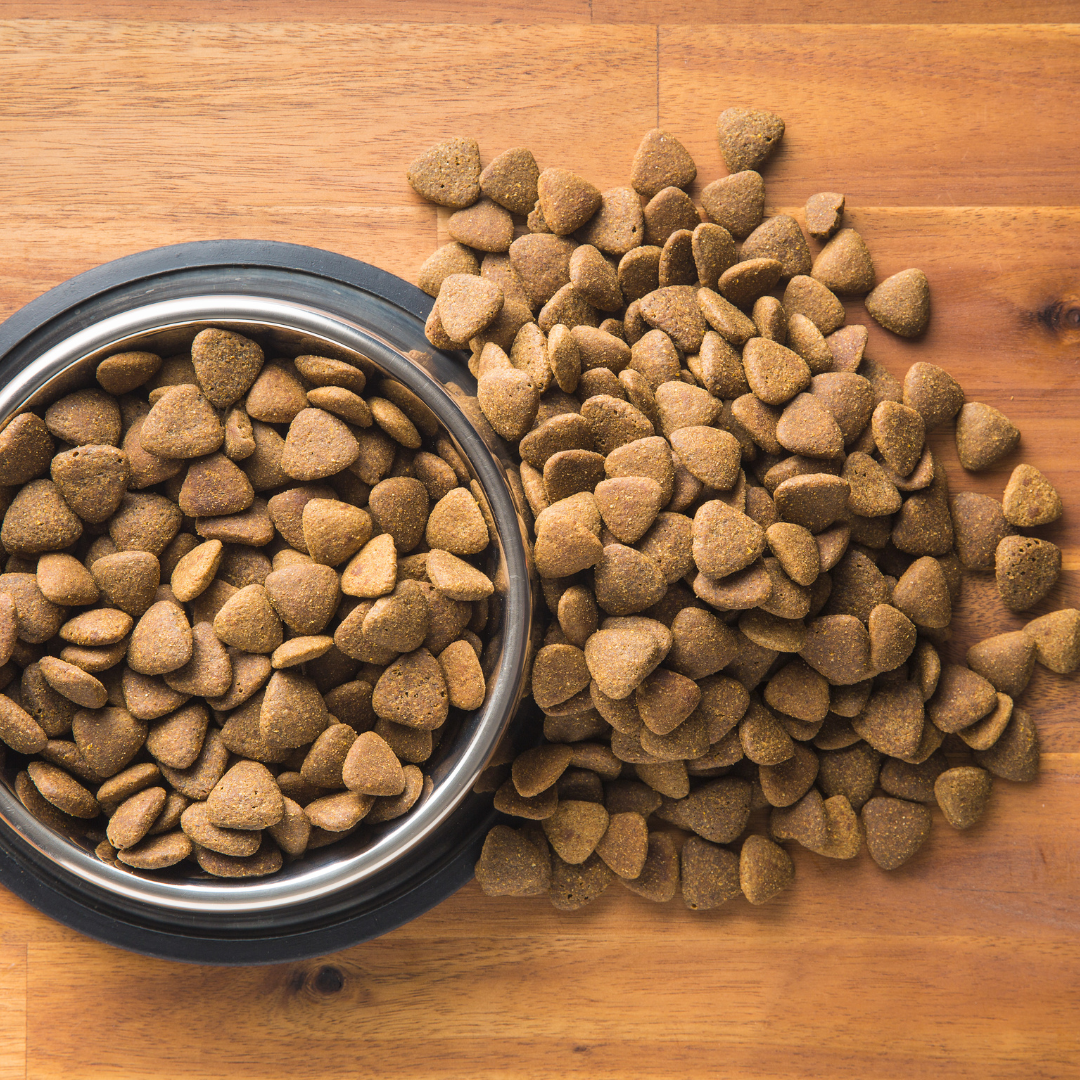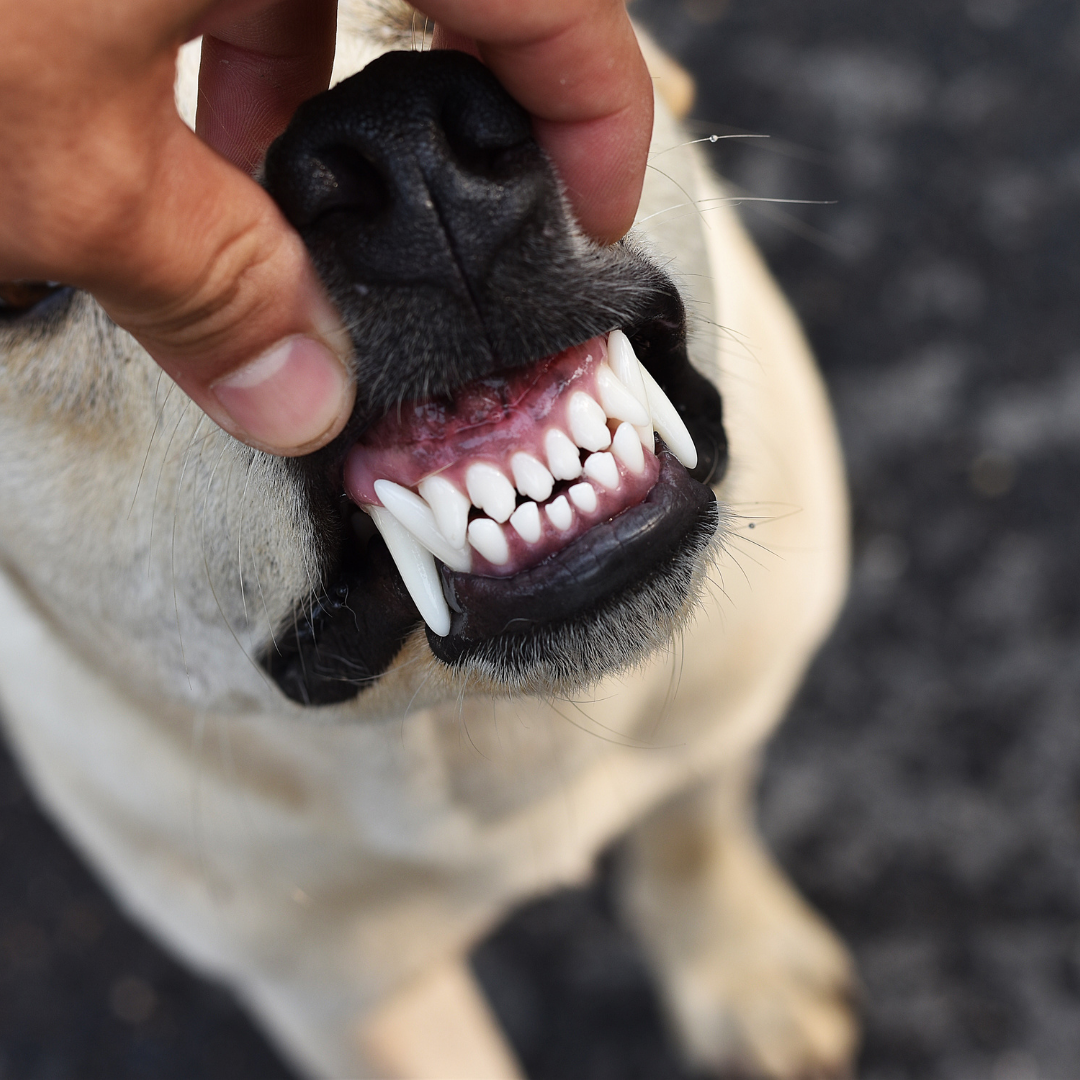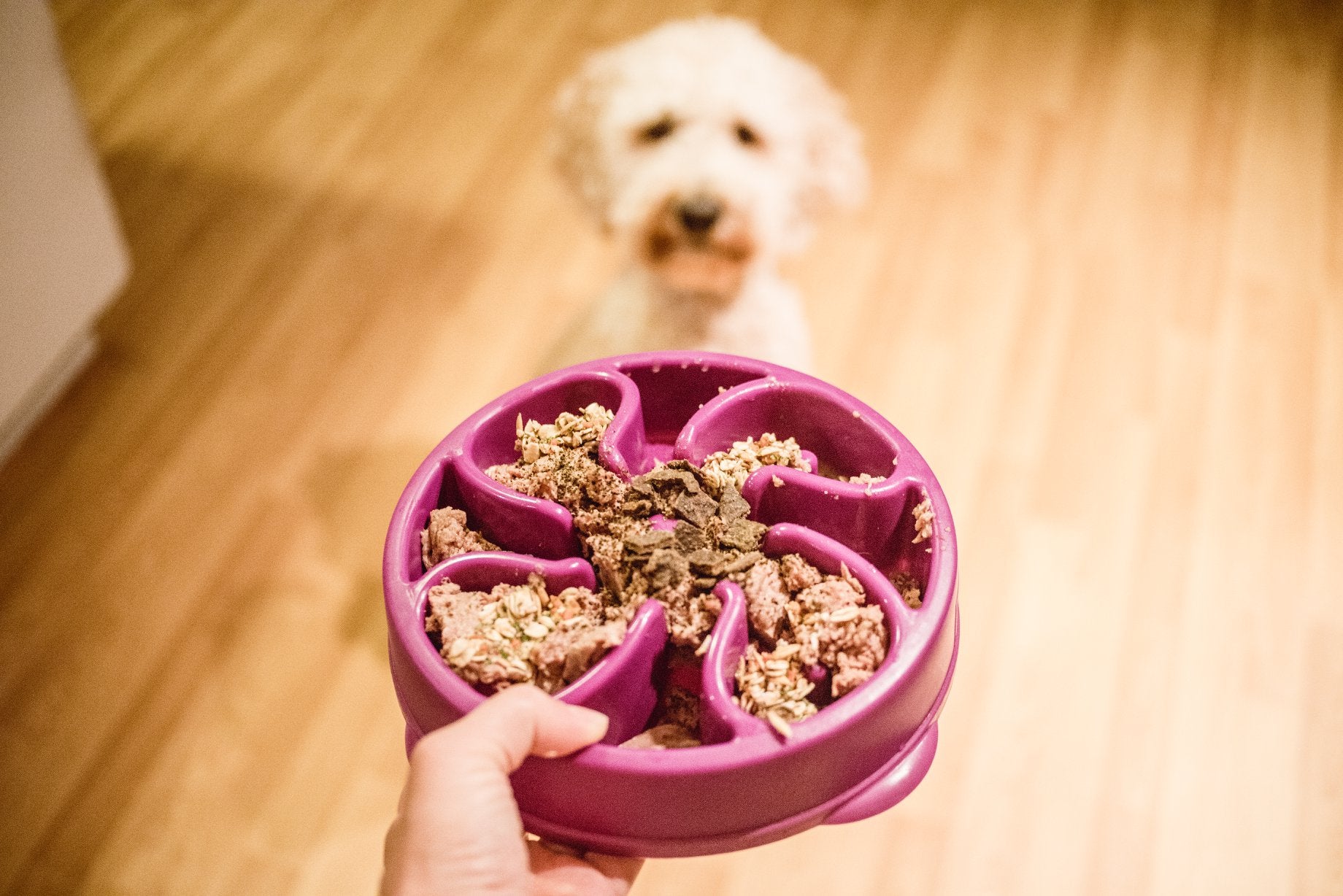When pet foods aren't consumed before they oxidise, they have a very real ability to negatively impact the health of your pet, particularly puppies.
Have you ever been sold a large bag of kibble for a relatively small pet, under the recommendation from the pet store attendee that it is simply more economical?
It should be mandatory that pet store employees are trained properly in pet nutrition so they are better informed to make safe pet feeding recommendations, but unfortunately it isn't.
Selling you a large bag of dry dog or cat food that may take your pet several months to eat through shows a lack of understanding of the manufacturing process, ignores extensive research on the topic of harmful oxidization in dry pet foods, and should be considered a breach of their duty of care. After all, you have asked them for their advice, trusted the information they have provided, and they have recommended you spend more on a larger bag, which unknown to you, will become toxic to your pet before they can eat through the contents.
In a 2016 study, a team of researchers analysed a variety of dry dog foods for the quality and oxidative stability parameters of the lipid fractions within the foods upon purchase, then compared the same values after seven months in typical household storage conditions. "The aim of this study was to assume the relative oxidative safety of canine complete diets from the perspective of long-term use."
The study determined fatty acid content and acid values, then revealed the changes in oxidative stability and lipid quality after storage.
Why is this research so important?
"Lipid ingredients are specifically prone to oxidation damage and rancidification causing major sensory alterations that occur during storage. Thus, the monitoring of oxidative stability status is crucial for pet foods quality control. It was previously shown that oxidized dietary lipids negatively affect the growth, antioxidant status and some immune functions of growing dogs."
When pet foods aren't consumed before they oxidise, they have a very real ability to negatively impact the health of your pet, particularly puppies.
"The technological parameters of production also affect the oxidative stability of the kibble. Dry foods manufacturing process (extrusion, baking or other) is expected to offer products with extended shelf life, when stored in factory sealed bags. After opening for everyday use, various environmental factors affect the chemical and physical properties of kibbles, especially when improperly handled or stored in risky conditions."
Once the food is exposed to oxygen, a reaction between the oxygen and lipids begins, which results in the degradation of lipids, also known as rancidity. It is imperative that if you feed kibble, you store it safely, being in the original bag, out of direct sunlight, in a cool temperature and best to be consumed within just a few weeks.
During the study, the fatty acids in all dog foods decreased in stability and were subject to oxidative damage. The foods higher in Polyunsaturated Fatty Acids (PUFA's), commonly found in corn, soybean, and vegetable or canola oils were more prone to oxidation.
When your pet consumes oxidised fats, they cannot perform the intended purpose in the body. Instead, oxidised fats damage the cell membrane, and trigger an inflammatory response, laying the foundation for serious health consequences.
Keep this in mind if you're recommended a larger bag of pet food so it "lasts longer" for your new puppy. Know that this recommendation is not based on research or learning, but rather simply trying to get more of your dollars through the register.
If you feed raw foods, we recommend against purchasing and storing more than what you need for three months*, or keeping fresh meat products in the fridge longer than 2-3 days. Practicing safe food handling is essential for the health of yourself, and your pet and this extends to dry pet foods, which can also harbor harmful bacteria such as salmonella.
*Freeze Dried and Air-Dried diets are an exception to this due to their different manufacturing process.
Links:
https://link.springer.com/article/10.1007/s10973-016-5543-2#Sec14




